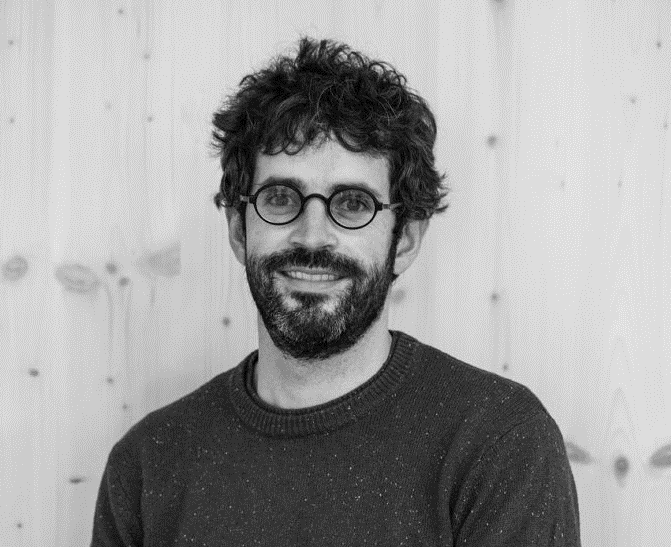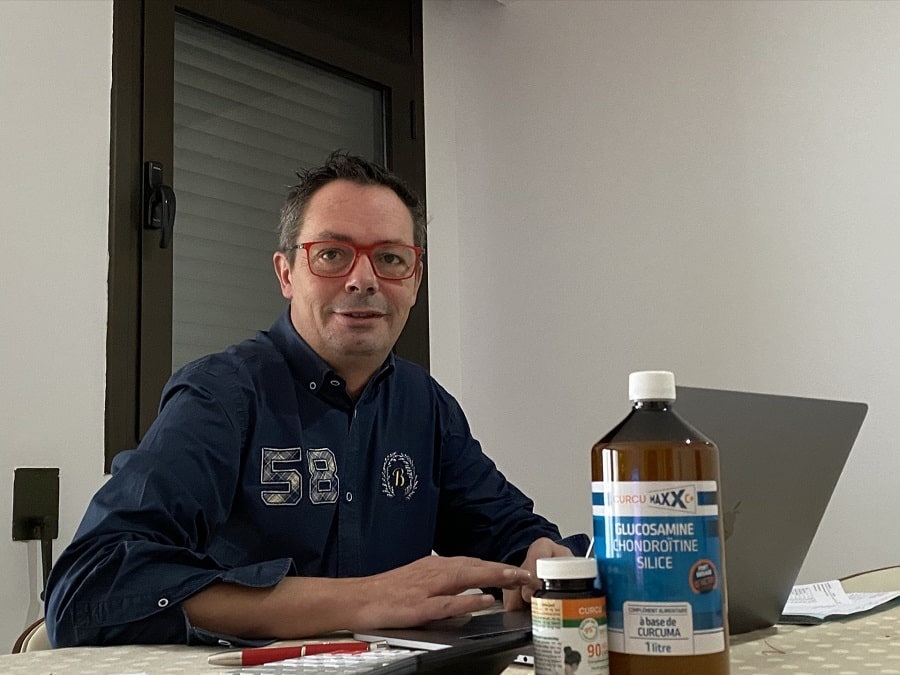Professor of Philosophy at the University of Barcelona (Catalonia, Spain), was invited to Andorra, where he had his conference «The life of images in the era of their digital hyper reproducibility». We spoke with the Professor about the role of philosophy in digital world and the future of digital media.
Interview: Irina Rybalchenko
I was impressed with your conference here in Andorra. I want to keep talking about philosophy: what role does it play in our world today?
Let me ask you first. Could you imagine what the evolution of the mobile phone will lead to? Or what consequences and complications will the emergence of social networks entail? And what opportunities will new technologies open up for us? All these questions are part of the actual philosophy.
As you can see, there are other ways of philosophy. They do not necessarily go through certain «academic bodies» that the state subsidises.
Two aspects directly relate: what does the world’s digitization mean, and what philosophy should we consider in our new digital age?
Do you think digitization is an advantage or a problem?
I don’t see it as an advantage or as a problem. Some aspects are positive. For example, you can save a lot of time. The time for work that you used to have, digitization minimises, saves and reduces. But, of course, other effects are clearly negative, have a decisive impact on our mental health and generate a whole series of disorders and discomforts in our daily lives.
Therefore, we cannot answer whether this fact is an advantage or a problem. Whatever it is, new technologies are here to stay. Therefore, our reality today requires thinking about them without prejudging them. I say this because, often, we practise positions of a technophobic nature. These positions have taken an openly negative stance toward new technologies. It seems to me that, in the end, it overshadows aspects that we can weigh positively.
Once, I said that I have learned more from three influencers than from my entire philosophy career. Sure, it’s obviously a provocation on my part. Obviously, academic spaces are the official channels through which the institutionalisation of knowledge must pass and must be conveyed.
But it was a way of saying that digital spaces exist. We can identify and recognize them, and, more importantly, students go into these spaces and see them as a kind of oasis.
What is the digital hyper reproductivity that you mentioned at your conference in Andorra?
When we talk about digital hyper reproducibility, I am referring to the image production regime. Historically there are three major image production regimes. Reproduction by hand, which means a crafting procedure. Then, the beginning of using a camera allowed us to reproduce the world without the intervention of an artist’s hand. And this process of reproducibility obviously generates a world like the one described by Susan Sumpter in the 1970s. A world where almost everything is an image.
We no longer make photos to remember moments or experiences. Now images have a multi-valued function and are used for many other things. But the next step is what is motivated by digitization and what leads to hyper reproducibility.
What unites philosophy with digital hyper reproducibility?
When you ask someone: «How would you summarise philosophy in an image or a metaphor?» Surely, many people who have had the opportunity to learn philosophy would say: «This is a cavern of Plato». Clearly, what is being talked about is an image. I mean that historically and traditionally, they are two issues that are closely linked.
Now that we are in the age of digital hyper reproducibility, we have to ask ourselves what these new caves are.
What place should philosophy occupy in the current education system?
In Spain, philosophy has always had a lot of marginalisation when analysing its role within the education system. Here they think that the only thing that determines the value of knowledge is that its application will be beneficial. And, unfortunately, philosophy has no place in our practical world.
The Faculty of Philosophy of the University of Barcelona has about 200 students annually, which is not a lot.
I always try to use current topics throughout the classes, which is to say, not to lose the link with the present, which does not necessarily mean current events. Philosophy is not determined by the media.
Does philosophy help us understand reality better?
Instead of explaining reality, we should see how alive thinkers like Plato, Kant, Hegel, Aristotle or Descartes are. I’ll say it differently. We tend to think that we are alive and thinkers are dead, but I think the opposite is true and that we are less alive than we think, and they are much less dead than we understand it. I mean, they keep explaining to us in some way.
I studied philosophy at university, and it seems to me that philosophy helps us, opens our minds and makes us understand things in a more creative way, or offers us the ability to better analyse the world…
Yes, that’s how it is. In the end, it is a perspective that makes you not relate to the world as if it were alien. The world is not alien.
I found your interview where you explained that now the big corporations are betting on more creative and less technical profiles and that this should make us rethink the importance of philosophy…
Yes, it’s true, and I believe it. When I commented on this a few years ago, I wanted to emphasise that sometimes we philosophers can be overlooked. But remember that very often, someone who has studied philosophy is behind a great advertising campaign. Why? Because you just mentioned it yourself: philosophy not only stimulates you but also gives you a critical spirit. And this is one of the main virtues of philosophy.
The path to reality is always critical. Being critical means not taking many things we tend to take for granted. But besides this critical side, there is also a creative side.
Curiously, advertising is always ahead of reality, and philosophy always lags behind. Therefore, they seem to be radically opposite. But it is curious that people working in advertising, if they have not studied philosophy, look like they have studied it.
And I wasn’t joking when I said that corporations or advertising agencies are looking for such profiles because they provide an opportunity to communicate with the world with a certain plasticity.
What is your book «Journey to the Center of Philosophy» about?
Well, it is a book that aims to reconstruct the history of thought written in a language that aims to be plain and accessible. The drawings work as allegories, and it is another type of language. What’s more, it’s illustrated.
I like the drawings because it is also a very illustrative way of explaining.
This is a book that I am very proud of. As many readers of this book have told me, it has allowed them to approach the history of philosophy without any prior knowledge of philosophy, and that is what they value. We already have five editions. It is published by Paidós, a fairly important publishing house in the Spanish market.
Do you agree that the future belongs to digital media because it has more potential than paper media?
Now it seems to be a kind of strained coexistence. The truth is that many elements of resistance still have a lot to do with fetishism. We still prefer to touch things. At the same time, digitization relates us more and more to immaterial things.
Many habits are beginning to change. It is also clear that there are fewer and fewer elements of resistance. I don’t know if they are a sign of the needs of a generation that still needs to feel that its world can be touched. Or on the contrary, we are already immersed in a process where the world will eventually fall apart. I have a feeling that the world is becoming less and less tangible.
In your opinion, what is missing from digital media? Maybe more personality, more exclusivity, more quality…
It seems to me that digital media continues to be duplicates of traditional media. They seem to still work with traditional logic when dealing with information. And since we’re still within that logic, the only thing that’s changed is the form. It’s the environment. The environment certainly offers infinite possibilities that will make this logic disappear somehow. It seems to me that there is still a certain mimicry when it comes to giving information and reproducing a form.











